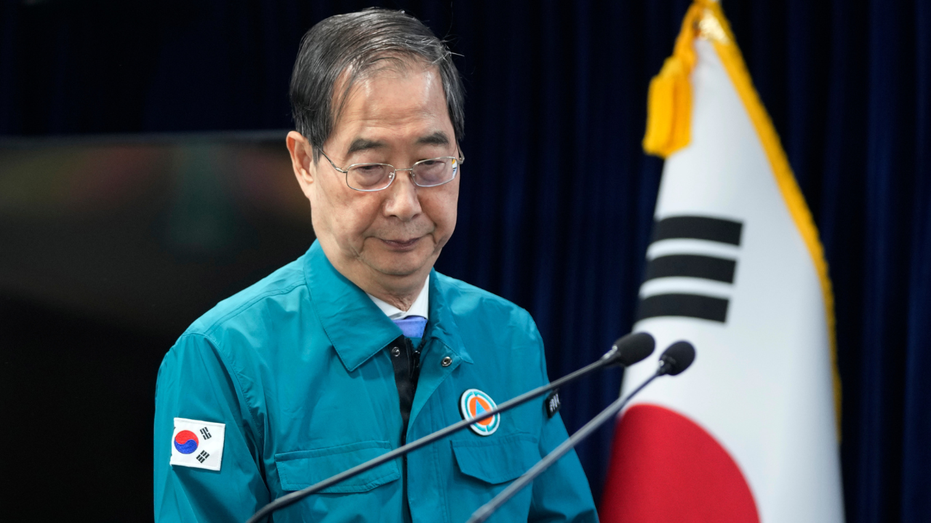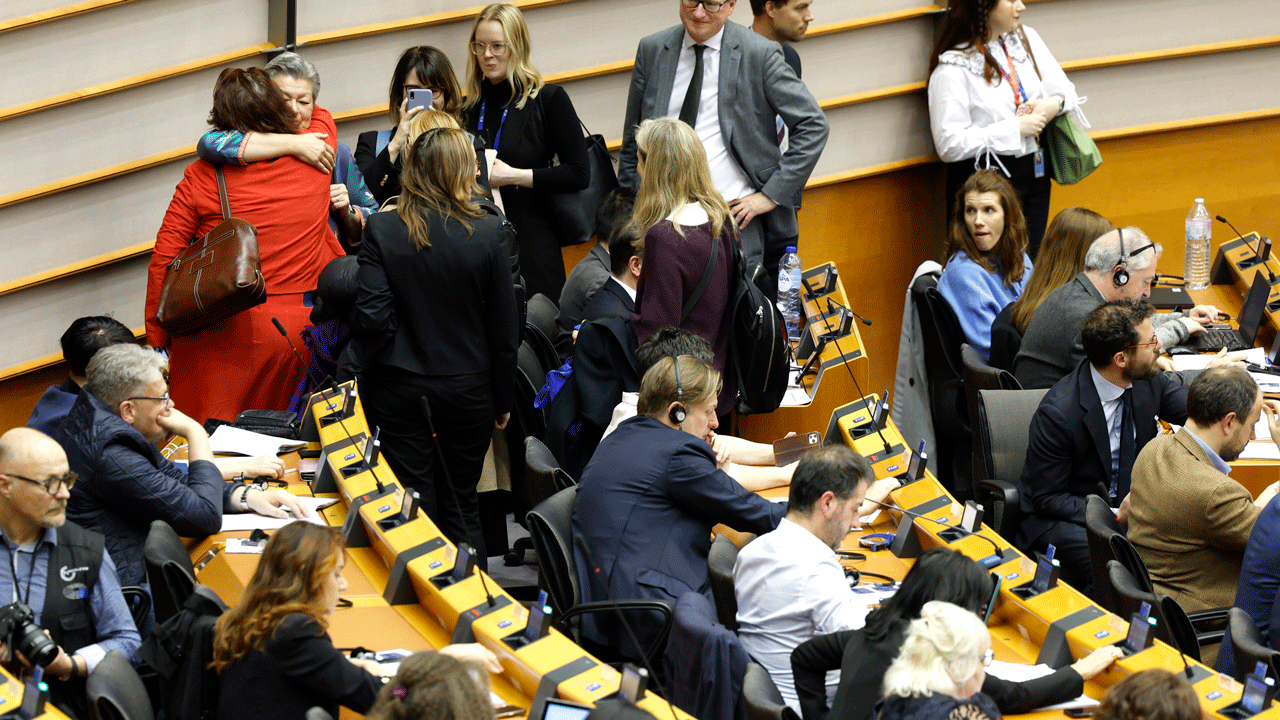South Korean court denies request from striking doctors to block plan boosting medical school admissions
A South Korean court has upheld the government's controversial plan to significantly increase medical school admissions, which has led to a months-long standoff.

A South Korean court ruled in favor of the government’s contentious plan to drastically boost medical school admissions on Thursday.
A standoff between the government and doctors opposed to the plan has shaken the country’s medical system for months. More than 10,000 junior doctors have been on strike since February in protest.
The Seoul High Court rejected a request from striking doctors and other opponents for an injunction to block the plan, which would raise the medical school enrollment quota by 2,000 next year, from the current cap of 3,058.
SOUTH KOREA DOCTORS' STRIKE ESCALATES AS SENIOR DOCTORS RESIGN
Lee Byung-chul, a lawyer for the doctors, said he will prepare to appeal the ruling to the Supreme Court, the country’s top court. He said he will issue an official statement on Thursday's ruling after reviewing details of the verdict.
Prime Minister Han Duck-soo welcomed the decision, saying the government appreciates "the wise ruling by the judicial branch." He said the government will take steps to finalize medical school admission plans for the 2025 academic year.
The striking doctors represent a fraction of all doctors in South Korea, estimated to number between 115,000 and 140,000. But in some major hospitals, they account for about 30% to 40% of doctors, assisting fully qualified doctors and department chiefs during surgeries and other treatments while training. Their walkouts have caused cancellations to numerous surgeries and other treatments at their hospitals.
Officials say the plan is aimed at adding more doctors, because South Korea has one of the world’s fastest-aging populations and its doctor-to-population ratio is among the lowest in the developed world.
Doctors say schools aren’t ready to handle an abrupt increase in students and that it would ultimately undermine the country’s medical services. They say the government plan would also result in doctors performing unnecessary treatments because of greater competition. But critics argue that many doctors are mainly worried that more competition would lower their incomes.
Government officials earlier threatened to suspend the licenses of the striking doctors but later halted related administrative steps to facilitate dialogue with the strikers.
What's Your Reaction?
















